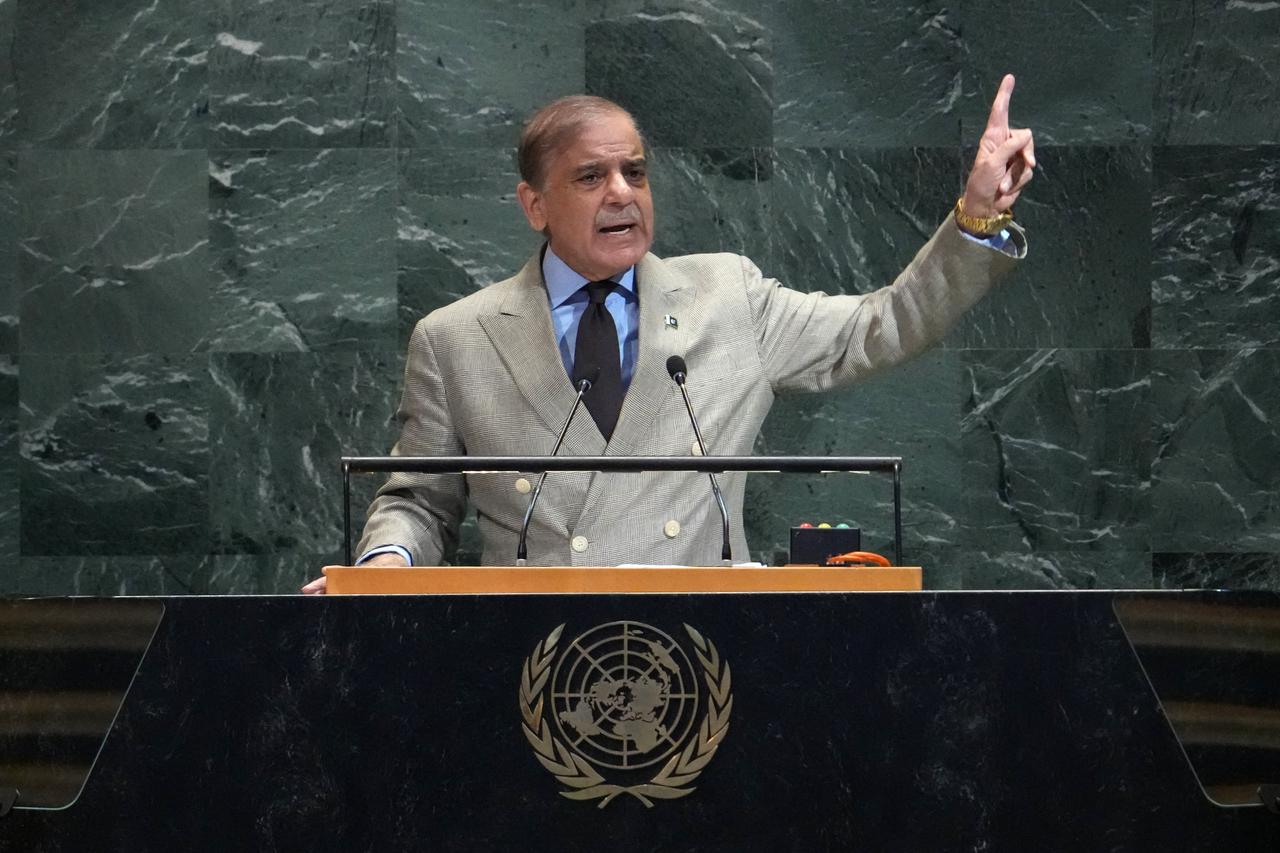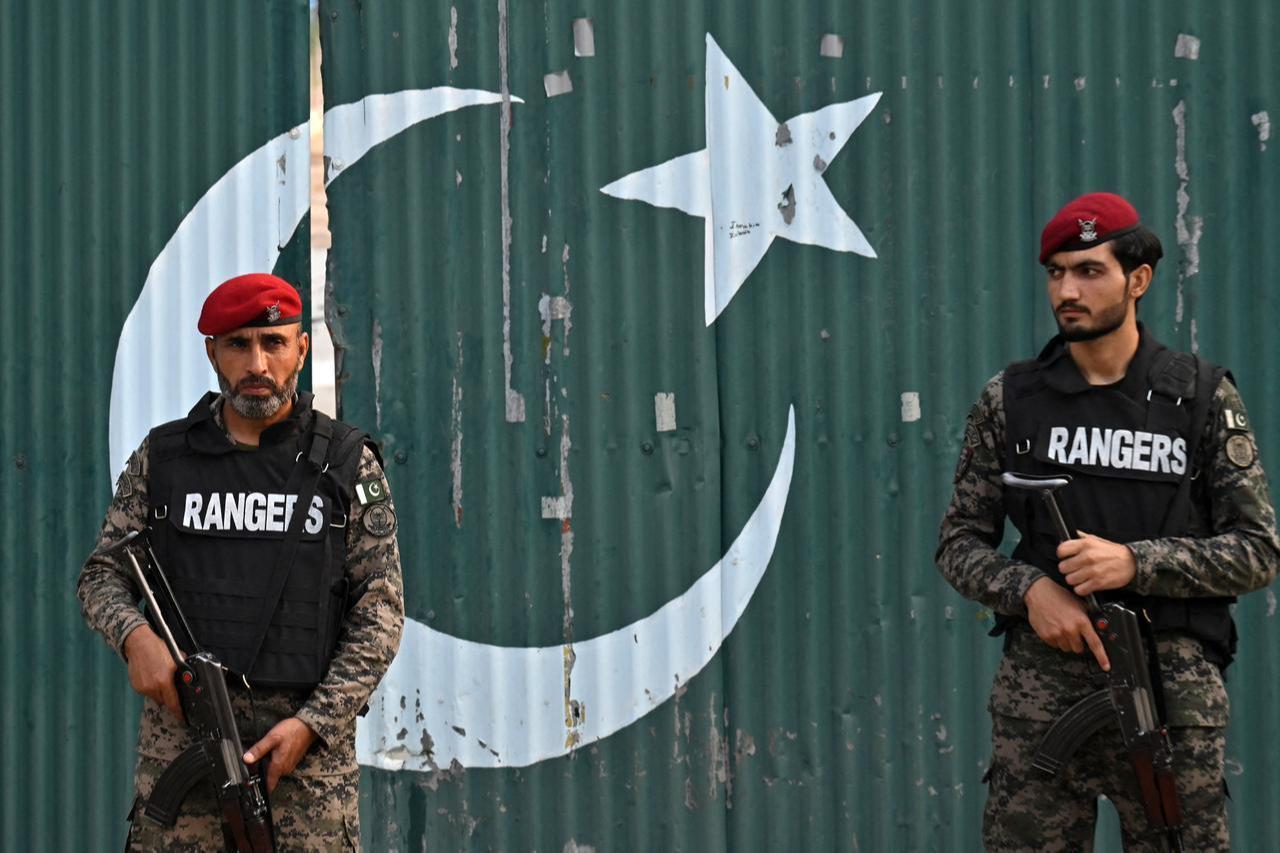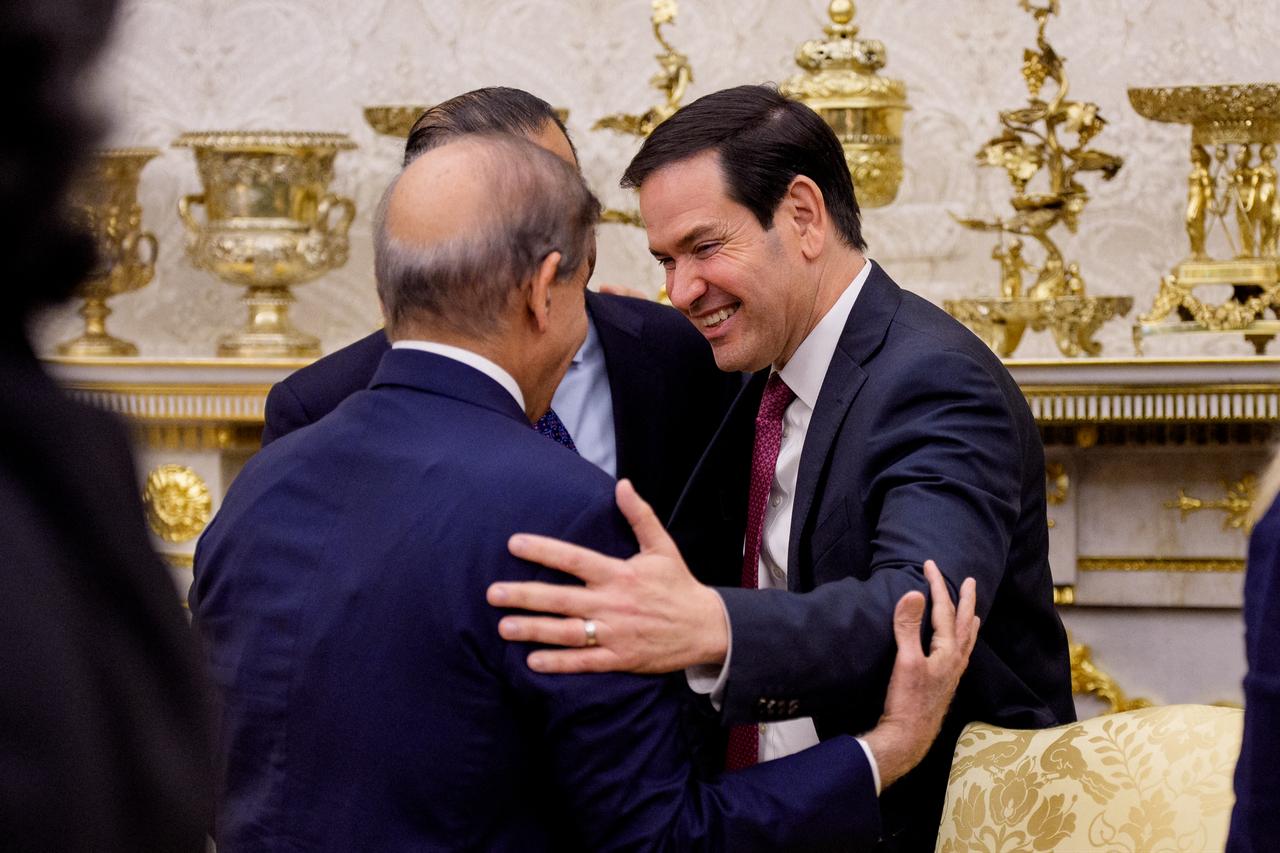
Pakistan's prime minister on Friday expressed readiness for comprehensive talks with India while crediting U.S. President Donald Trump with preventing a wider conflict between the nuclear-armed neighbors earlier this year.
Speaking at the United Nations General Assembly, Prime Minister Shehbaz Sharif outlined his country's position one day after meeting Trump at the White House alongside Pakistan's military chief, Field Marshal Asim Munir.
"Pakistan stands ready for a composite, comprehensive and result-oriented dialogue with India on all outstanding issues. South Asia requires proactive rather than provocative leadership," Sharif told the assembly.

The Pakistani leader's remarks come months after a four-day military confrontation in May that began when Indian Prime Minister Narendra Modi authorized strikes on Pakistani military installations. The attacks followed a massacre of civilians, predominantly Hindus, by suspected Islamist militants in the disputed Kashmir region.
Pakistan has denied involvement in the civilian killings. Sharif on Friday characterized his country's response as defensive, saying "India came shrouded in arrogance but we sent them back in humiliation, delivering a bloody nose."
Trump announced a ceasefire after the brief but intense fighting, with Secretary of State Marco Rubio indicating that both countries would engage in talks at a neutral location to address their longstanding disputes.
Sharif praised what he called Trump's "bold and visionary" leadership, arguing that without the president's intervention, "the consequences of a full-fledged war would have been catastrophic." Field Marshal Munir has reportedly suggested Trump deserves the Nobel Peace Prize for his mediation efforts.
The American president's involvement marks a notable shift in U.S. regional diplomacy. Relations between Washington and New Delhi have deteriorated since Trump imposed tariffs over India's continued oil purchases from Russia. Modi has downplayed Trump's role in ending the May conflict.

Trump's engagement with Pakistan represents a departure from his predecessor's approach. Former President Joe Biden maintained distance from Islamabad, citing concerns over Pakistan's relationship with the Taliban during the two-decade U.S. military presence in Afghanistan.
The timing of improved U.S.-Pakistan relations has drawn scrutiny, coming shortly after a Trump family company signed a cryptocurrency agreement with Pakistan before the May fighting erupted.
The Kashmir dispute has remained a central point of tension between India and Pakistan since their 1947 partition. Pakistan has consistently sought international mediation on the issue, while India maintains that Kashmir is an internal matter and claims the entire Himalayan territory, which has a Muslim majority population with a significant Hindu minority.
Both countries possess nuclear weapons, making their periodic confrontations a source of global concern about regional stability in South Asia.